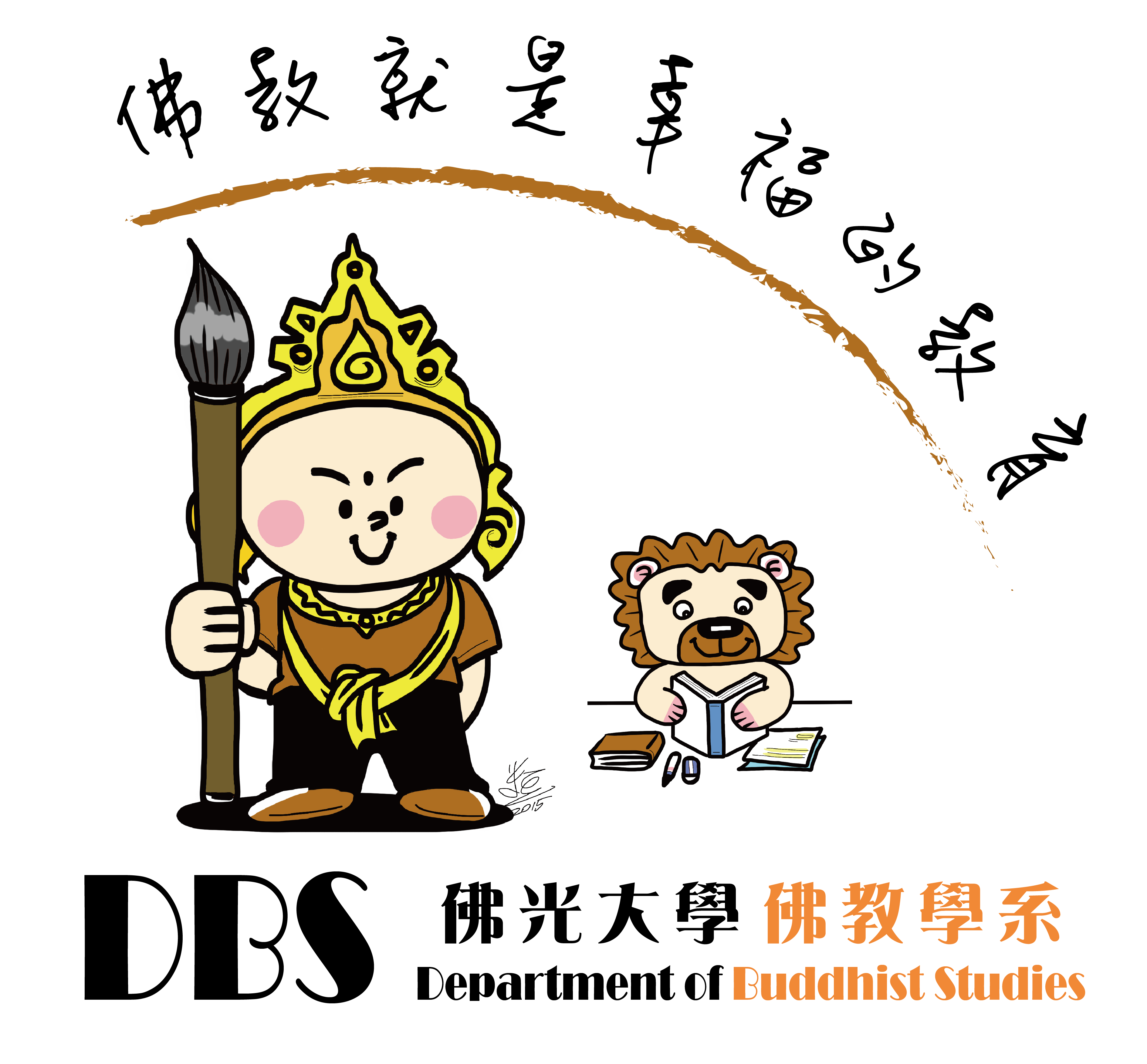On July 26, Fo Guang University's College of Buddhist Studies held the presentation and certificate award ceremony for the "Advanced Workshop on Temple Gazetteer Writing." A total of 24 participants successfully completed the advanced training, demonstrating their enthusiasm and professionalism in writing temple gazetteers.
Building on the foundation of the basic training, the advanced course included group discussions and analyses of historical temple gazetteers, such as The Gazetteer of Kaiyuan Temple in Quanzhou, Fujian, The Gazetteer of Qita Temple,The Gazetteer of Qixia Mountain, The Gazetteer of Mount Huangbo, and The Gazetteer of Mount Gu. These studies helped participants understand the present through the past and enhanced their writing skills. During the presentation, participants showcased their outstanding learning outcomes and raised questions about "Lineage Transmission," "Temple Restoration," and "Temple Economics" as observed in historical gazetteers.
In the review session, Professor Cheng-tsung Kan emphasized the importance of "Lineage Transmission," highlighting the critical roles of "Dharma, Precepts, and Ordination" in Chinese Buddhism. Professor Yuchen Li offered insights into "Temple Architecture," noting that temples with a strong sectarian affiliation typically have an "Ordination Hall," reflecting their religious status. Assistant Professor Jian Ruiyao reminded participants that "Temple Economics and Secular-Religious Relations" are sensitive topics in field research and require careful communication with temples to reach a consensus.
The rigorous and thorough training process received positive feedback from the participants. Master Zhicheng remarked, "The advanced workshop helped resolve difficulties encountered in data collection, especially in exploring individuals, temple history, and monastic regulations, providing clarity on how to effectively gather relevant information and complete tasks." Lin Xianyun from the IT industry shared, "The four-day course covered a vast amount of knowledge. Temple gazetteers are significant documents in the Buddhist community. Digitization can provide resources for research and analysis, making them crucial for historical and academic research. Fo Guang University's promotion of temple gazetteer writing is a notable contribution." Liu Suzhou from the Fo Guang Shan West Branch also reflected, "Reading historical temple gazetteers made me realize the challenges of collecting and restoring vital cultural and historical materials due to wartime destruction, deepening my understanding of the mission of writing temple gazetteers." Chen Xuanyu, a lay devotee from Fushan Temple, expressed heartfelt gratitude, "I am grateful to Venerable Miao You for fully supporting our participation in the workshop. The excellent lectures helped me understand the importance of oral history and writing temple gazetteers. As Fushan Temple approaches its 50th anniversary next year, I am determined to contribute to the writing of its temple gazetteer."
In closing, Professor Kan encouraged the participants, "There are very few temple gazetteers in Buddhism; everyone should have the aspiration to write a gazetteer for their own temple. Do not be afraid of challenges; continue with this work as it is a form of gratitude to both the temple and the nation." Professor Li added, "What is written down becomes history. Use the power of teamwork to write temple gazetteers." Assistant Professor Jian encouraged, "Do not forget your original intention; you can reach the other shore."
This workshop not only enhanced the participants' abilities in writing temple gazetteers but also promoted the inheritance and development of Taiwanese Buddhist culture. The high-quality training provided by Fo Guang University's Department of Buddhist Studies demonstrated its strong academic research capabilities in Buddhism, hoping to attract more outstanding participants and cultivate more professionals in the Buddhist academic field.

 College and Department of Buddhist Studies, FGU
College and Department of Buddhist Studies, FGU

















